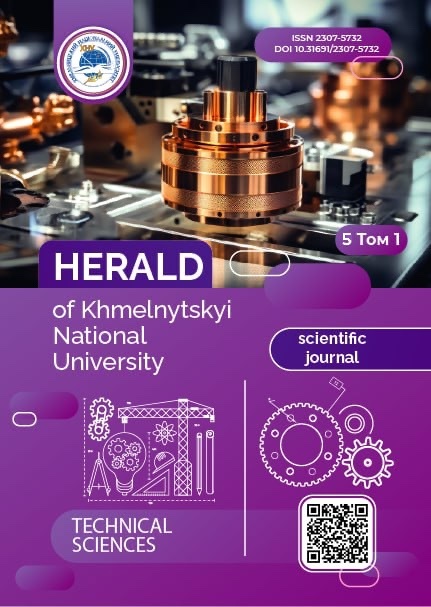APPLICATION OF MODERN MACHINE LEARNING FOR SOFTWARE CODEBASE IMPROVEMENT
DOI:
https://doi.org/10.31891/2307-5732-2025-357-28Keywords:
machine learning, code analysis, code refactoring, code vulnerabilities and defects detection, test generationAbstract
This paper investigates the application of modern machine learning (ML) techniques to improve software code quality. Traditional methods such as static analysis, manual code reviews, and unit testing often struggle to keep pace with the growing complexity of software systems. As a result, ML-based approaches are gaining traction for automating code analysis, detecting defects, and optimizing code structure.
The study provides a comprehensive review of current ML solutions for enhancing code quality, focusing on large language models (LLMs), graph neural networks (GNNs), reinforcement learning (RL), hybrid approaches, and multi-agent systems. It examines how these models are employed to automate tasks such as code quality assessment, vulnerability and logical bug detection, code refactoring, and test generation.
Experimental results on diverse programming datasets demonstrate the strengths and limitations of each approach. LLMs, trained on large code corpora, effectively generate syntactically correct and semantically meaningful code, identify bugs, and refactor functions with contextual understanding. GNNs, which model code as structured graphs, show strong capabilities in detecting complex code smells and hidden interactions. RL agents are applied to sequentially modify or repair code by optimizing reward signals tied to metrics such as correctness, test coverage, and structural improvement.
A comparative analysis using metrics such as CodeBLEU and F1-score confirms the practical effectiveness of specialized ML techniques for tasks including code analysis, bug detection, test generation, and refactoring. Furthermore, hybrid systems that combine neural and rule-based methods, along with multi-agent setups featuring specialized cooperating components, further enhance model performance and robustness.
The findings suggest that intelligent ML-driven code solutions can significantly automate and improve software development workflows. However, challenges remain regarding interpretability, data representativeness, and integration into real-world environments. Addressing these issues is essential to fully realizing the benefits of ML for code quality enhancement.
Downloads
Published
Issue
Section
License
Copyright (c) 2025 ОКСАНА КОГУЧ, ЯРОСЛАВ МАТВІЙЧУК (Автор)

This work is licensed under a Creative Commons Attribution 4.0 International License.

